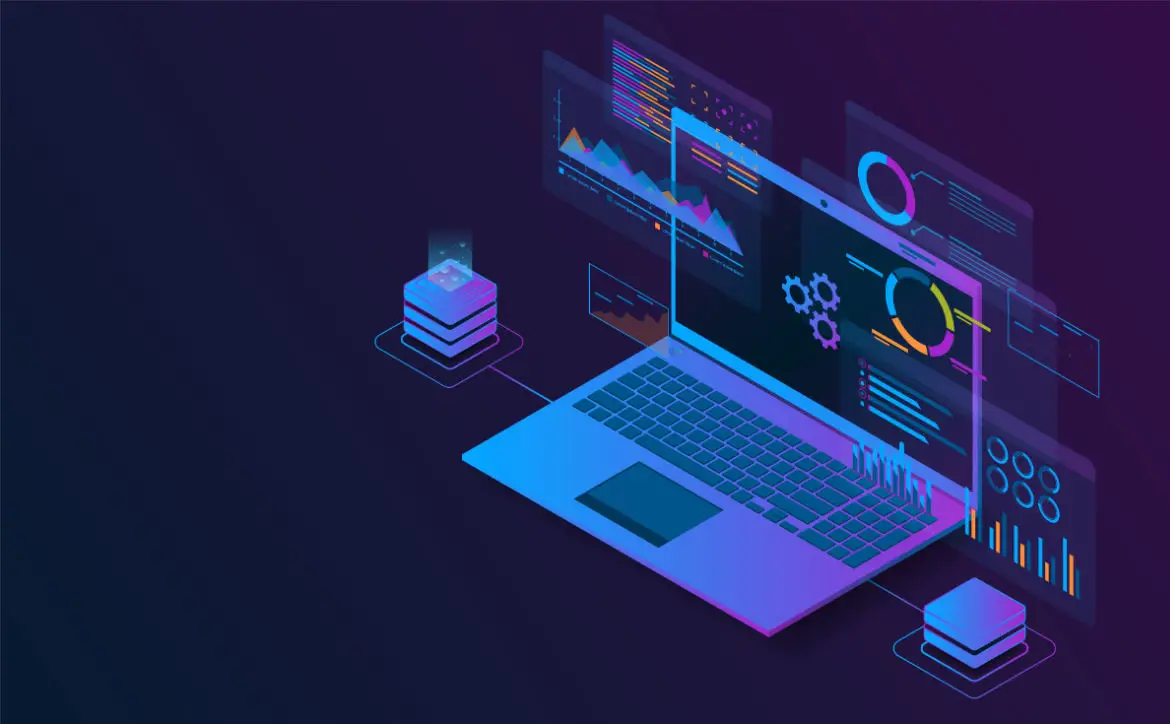Online security is more critical now than ever before. With so much of our lives played out online, from shopping and banking to socializing and entertainment, it’s crucial to protect your online accounts from hackers and cyber theft. Here are some online security tips for keeping your online accounts safe and secure:
Estimated reading time: 4 minutes

Eight online security tips
- Use strong and unique passwords: One of the most important things you can do to protect your online accounts is to use strong, unique passwords for each of your accounts. A strong password should be a minimum of eight characters long and include a mix of upper and lower case letters, numbers, and special characters. Avoid using easily guessable passwords, such as your name, birth date, or common words. Using a password manager to help you generate and keep track of your passwords is also a good idea. Lastpass has a generator that does an excellent job, be sure to save your passwords somewhere secure.
- Enable two-factor authentication: Two-factor authentication adds an extra layer of online security to your accounts by requiring you to enter a code sent to your phone or email in addition to your password. This makes it much harder for hackers to access your accounts, even if they manage to guess your password. Many online services, such as Google and Facebook, offer two-factor authentication, so be sure to enable it on your accounts. You can read more about two-factor here.
- Be cautious when clicking on links: Cybercriminals often use phishing scams to trick people into clicking on links that lead to fake websites designed to steal their personal information. Be wary of links in emails, texts, and social media messages, even if they appear to be from a legitimate source. If you’re unsure whether a link is safe, it’s best to avoid clicking on it. This is a huge step toward better online security.
- Use a VPN: A virtual private network (VPN) encrypts your internet connection, making it much more difficult for hackers to intercept and steal your personal information. If you use public Wi-Fi, such as at a cafe or airport, be sure to use a VPN to protect your data. But be aware that a VPN is not a cure-all, nor will it solve your online security problems; it is just another tool. If possible, you should also avoid public Wi-Fi and use your personal hotspot or wait until you’re at a trusted location.
- Keep your software and devices up to date: Hackers often take advantage of vulnerabilities in outdated software and devices to access online accounts. Be sure to keep your operating system, web browsers, and other software up to date with the latest security patches and updates. This will help protect you from the latest threats. Also, be aware that cybercriminals are always developing ways around security updates, so new updates for your systems may happen more often than not.
- Be cautious when sharing personal information: Be careful about the personal information you share online. Don’t post your home address, phone number, or other sensitive information on social media or other public forums. Be especially wary of sharing personal information with people you don’t know, as this can make it easier for hackers to target you. You should also refrain from sharing personal data on social media direct messaging. Platforms like Twitter and Facebook can see your direct messages, which could compromise your online security.
- Be aware of social engineering attacks: Social engineering attacks rely on psychological manipulation to trick people into giving up their personal information or access to their online accounts. These attacks often come in the form of fake emails, texts, or phone calls that appear to be from a legitimate source, such as your bank or a government agency. Be suspicious of any unexpected communication that asks for your personal information or login credentials.
- Use security software: Both Windows and macOS have built-in security features that you should employ as an added layer of online protection. You could use other software like McAfee or Norton, but we have found these options can cause issues with your computer’s performance. Use the built-in tools first and then add other layers as needed. Look out for a future article on enabling your operating system’s security features.
Following these tips can help protect your online accounts from hackers and cybercriminals. Always use strong and unique passwords, enable two-factor authentication, be cautious when clicking on links, use a VPN, and keep your software and devices up to date. Stay vigilant, and don’t let your guard down when it comes to protecting your online security.
What are your tips for online security? Please share your thoughts on any of the social media pages listed below. You can also comment on our MeWe page by joining the MeWe social network. Be sure to subscribe to our RUMBLE channel as well!
Last Updated on December 10, 2022.

